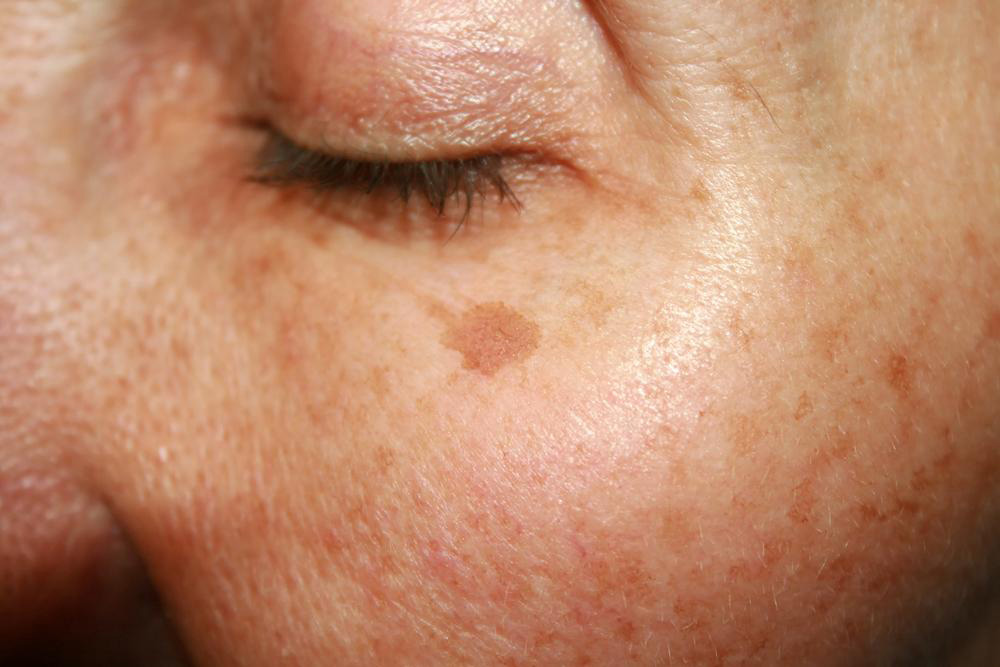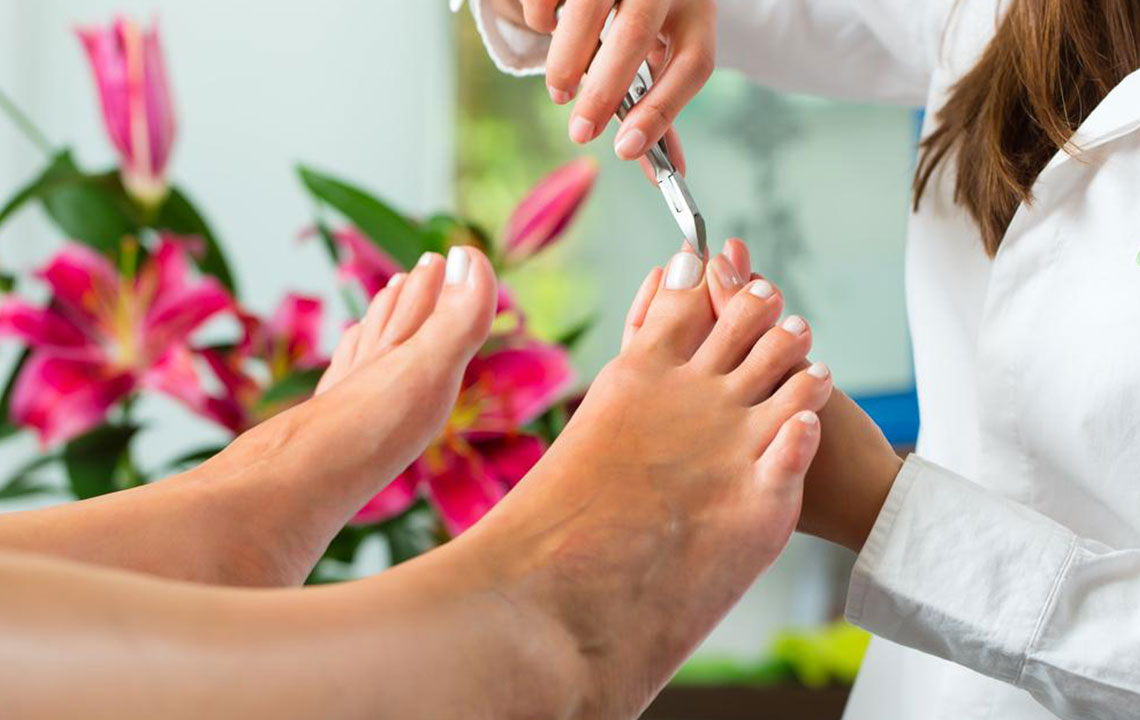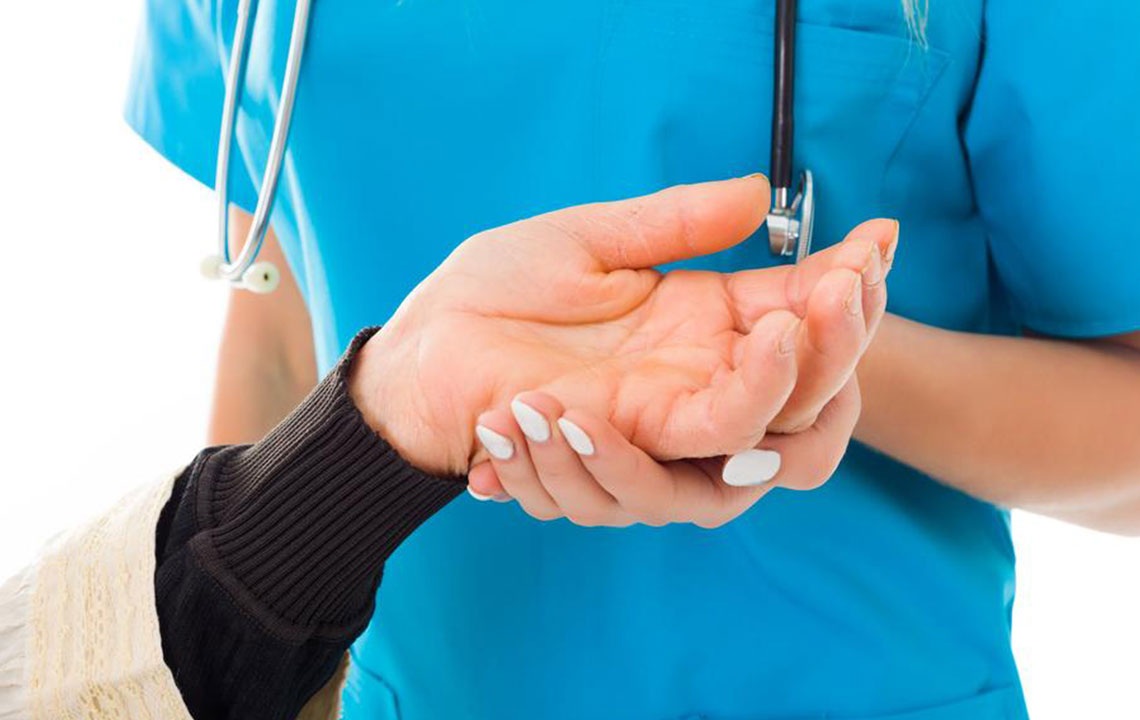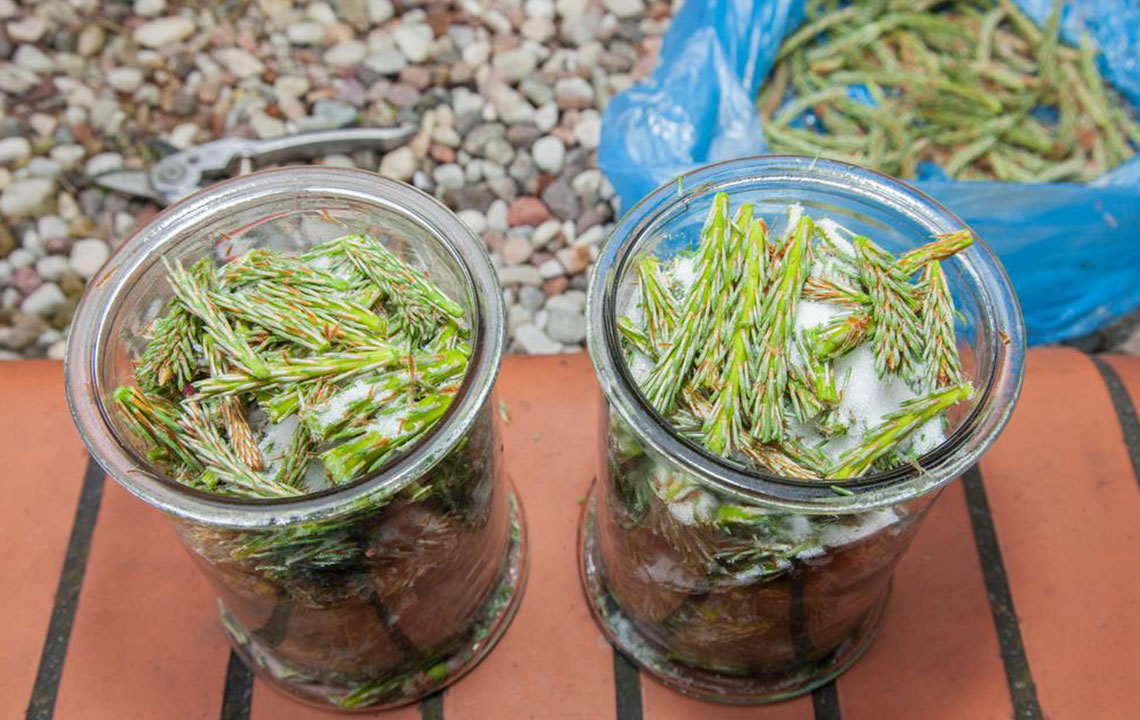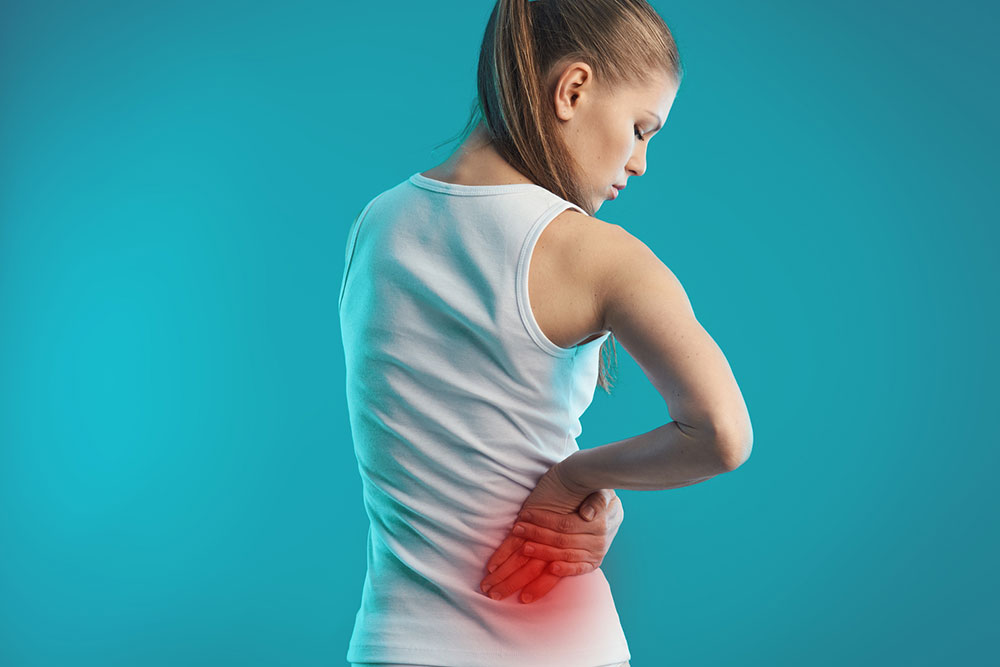Natural Approaches to Managing Chlamydia Symptoms
Discover safe, natural methods to support your health while managing chlamydia symptoms. This article highlights herbal remedies like garlic, goldenseal, and echinacea, along with dietary tips and the importance of medical treatment. While natural remedies can aid symptom relief and immune support, consult a healthcare professional for proper diagnosis and targeted treatment to ensure complete recovery and prevent complications. Maintaining a balanced diet, practicing safe sex, and regular testing are essential steps to safeguard reproductive health.
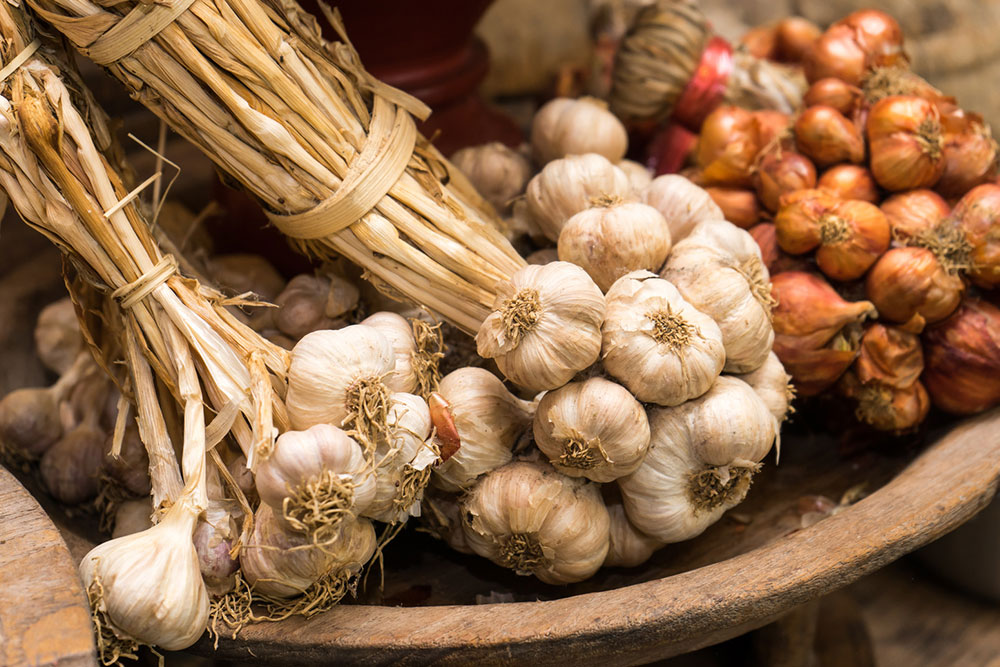
Natural Strategies for Alleviating Chlamydia Symptoms
Chlamydia is a bacterial STI primarily caused by Chlamydia trachomatis. It is most common among women aged 15 to 24. Often asymptomatic, studies suggest that up to 96% of infected individuals may not experience noticeable symptoms. When symptoms do appear, they include lower abdominal pain, painful urination, abnormal discharge, cervicitis, and more. Although it can be treated with medication, some natural remedies may help ease discomfort.
Home Remedies for Symptom Relief in Chlamydia
While natural remedies cannot eradicate the bacteria themselves, they may provide symptom relief and support overall health.
Garlic
Popular as a culinary ingredient, garlic possesses allicin, which offers antibacterial, anti-inflammatory, and antimicrobial benefits. Though it does not kill chlamydia bacteria directly, garlic may help maintain a balanced environment by controlling yeast and supporting immune health. For optimal benefits, crush fresh garlic and let it sit for 10 minutes before consumption. Incorporating garlic into meals like soups and stews can also boost immunity.
Goldenseal
This herbal remedy contains berberine, known for its antimicrobial properties. Goldenseal is traditionally used to treat respiratory infections, sores, and even chlamydia. It’s recommended to use standard doses of goldenseal extract and consult a healthcare provider before use, especially to avoid long-term or excessive consumption, as safety data is limited for extended use.
Echinacea
Renowned for alleviating colds, echinacea can also reinforce the immune system against bacterial and viral threats like chlamydia. The Department of Agriculture suggests that a daily intake of about 10 mg per kilogram of body weight for ten days may enhance immune response. Always seek medical advice before starting any herbal supplement.
Oregano Oil
This flavorful herb’s oil contains compounds such as thymol and carvacrol, which exhibit antimicrobial and antiviral activities. Proper dosage is essential—consult a healthcare professional to determine a safe and effective amount. Oregano oil might support the body’s fight against infections like chlamydia when used appropriately.
Probiotics
Maintaining healthy gut flora can strengthen immunity and aid detoxification. Foods rich in probiotics, including yogurt, kefir, sauerkraut, kimchi, tempeh, and coconut kefir, can improve gut health and potentially support recovery.
Turmeric
Known for its anti-inflammatory and antioxidant properties, turmeric contains curcumin, which may benefit those with chlamydia. While ongoing research continues, including turmeric in daily diet can support immune function and reduce inflammation.
Olive Leaf Extract
Extracted from olive leaves, oleuropein offers anti-inflammatory, antimicrobial, and antiviral effects. Incorporating olive leaf extract may help manage chlamydia symptoms and improve immune defenses.
Healthy Eating Habits
A balanced diet rich in whole grains, fruits, vegetables, and lean proteins is vital for optimal gut health and immune strength. While no special dietary restrictions are necessary for chlamydia, maintaining proper nutrition supports recovery and minimizes side effects associated with treatment.
Medical Treatment Reminder
If symptoms of chlamydia are present, medical consultation is crucial. Early diagnosis and prescribed antibiotics generally resolve the infection within 5-10 days. Regular testing and preventive measures are vital, particularly since many carry this infection unnoticed, to prevent complications like pelvic inflammatory disease and preserve reproductive health.

